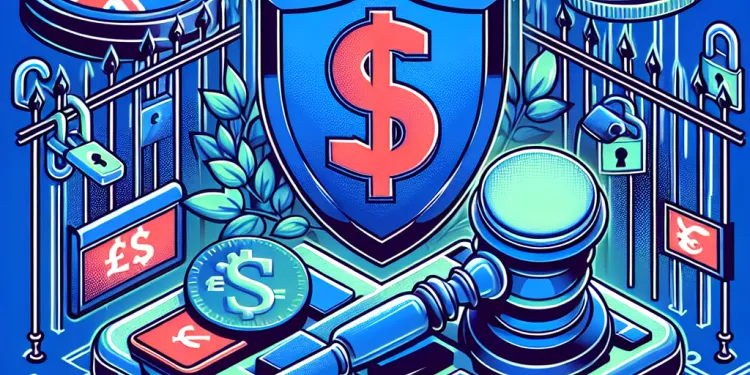
Find Help
More Items From Ergsy search
-
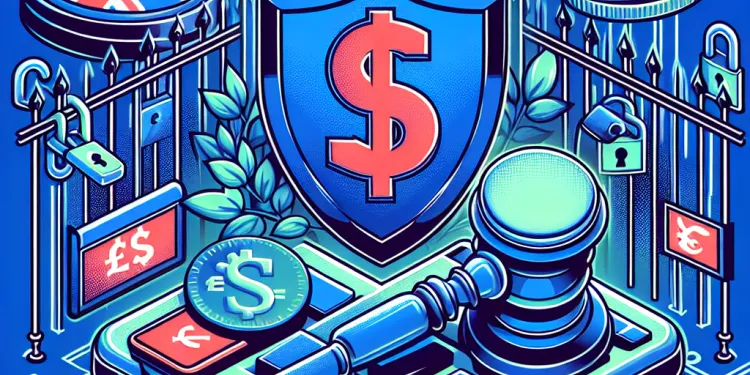
Do gig workers have intellectual property rights over their work?
Relevance: 100%
-
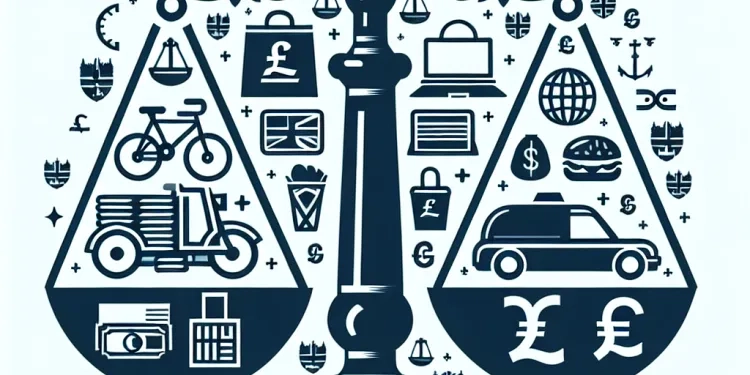
What are my rights as a Gig Worker?
Relevance: 65%
-
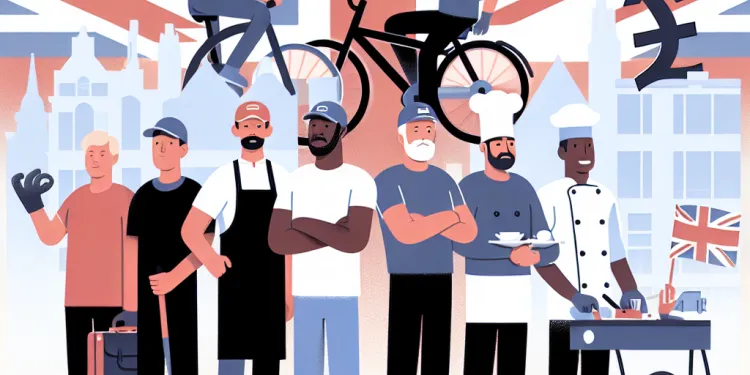
Do gig workers have the right to unionize?
Relevance: 59%
-
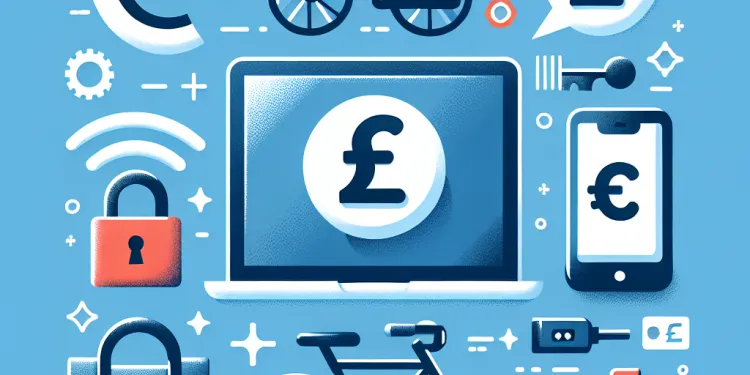
Is job security a right for gig workers?
Relevance: 58%
-
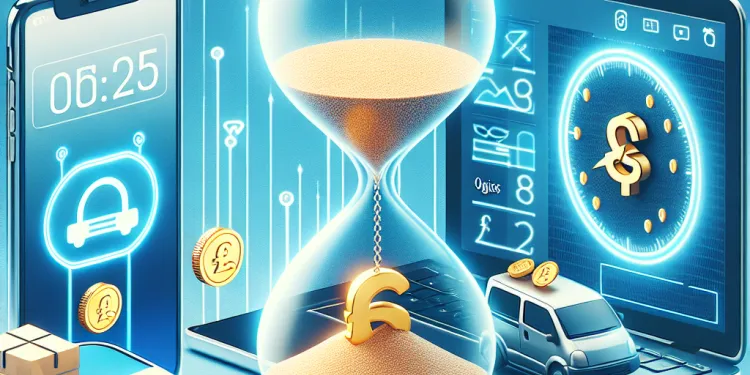
Do gig workers have the right to a minimum wage?
Relevance: 57%
-
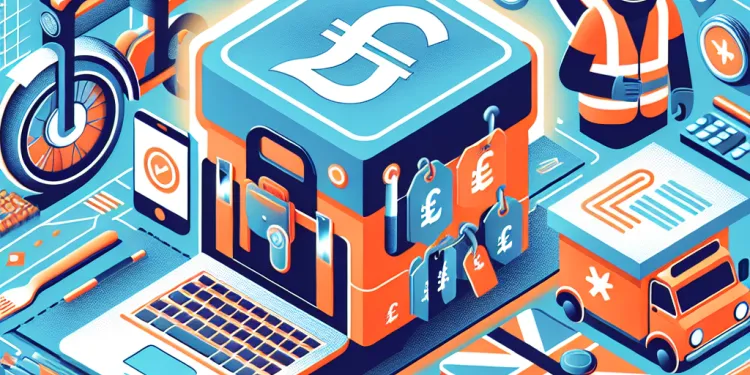
What are my rights regarding workplace safety as a gig worker?
Relevance: 55%
-
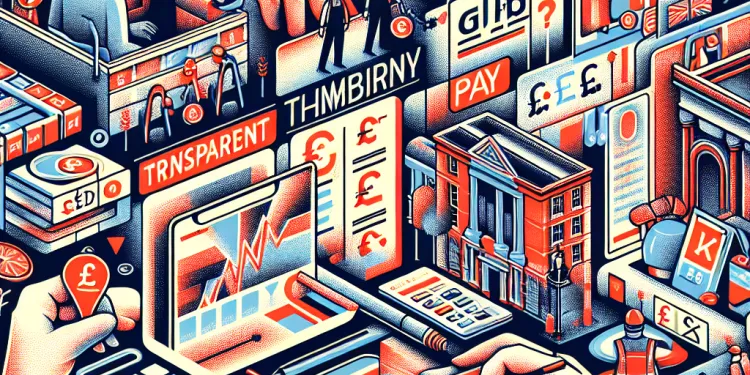
Do gig workers have the right to transparency in pay and fees?
Relevance: 53%
-
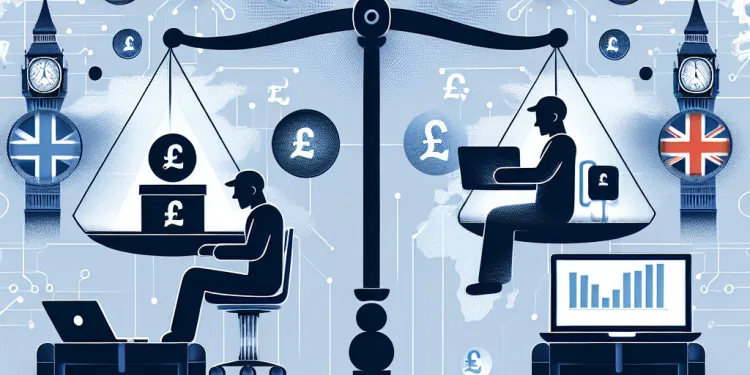
Are gig workers entitled to workers' compensation?
Relevance: 51%
-
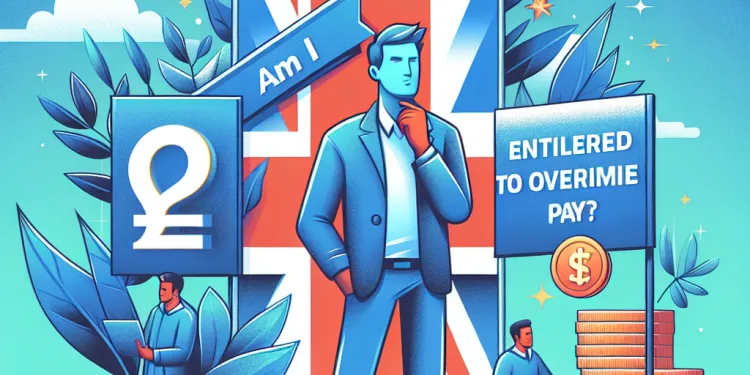
Am I entitled to overtime pay as a gig worker?
Relevance: 50%
-
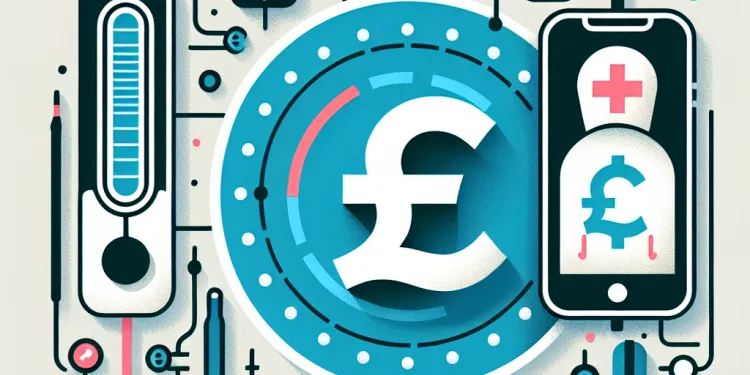
Are gig workers entitled to sick leave?
Relevance: 49%
-
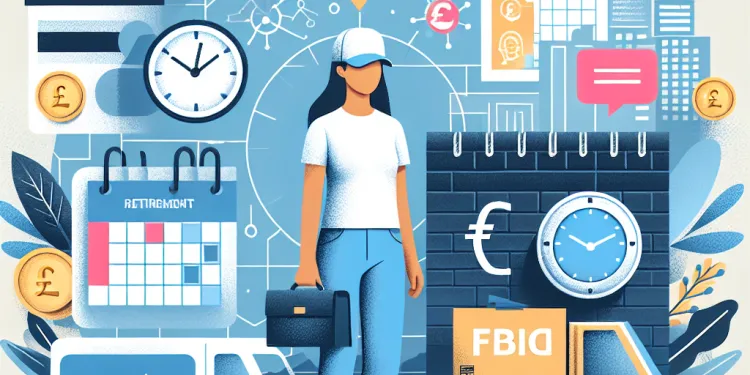
Do gig workers qualify for retirement benefits?
Relevance: 47%
-

Are gig workers protected against wrongful termination?
Relevance: 46%
-
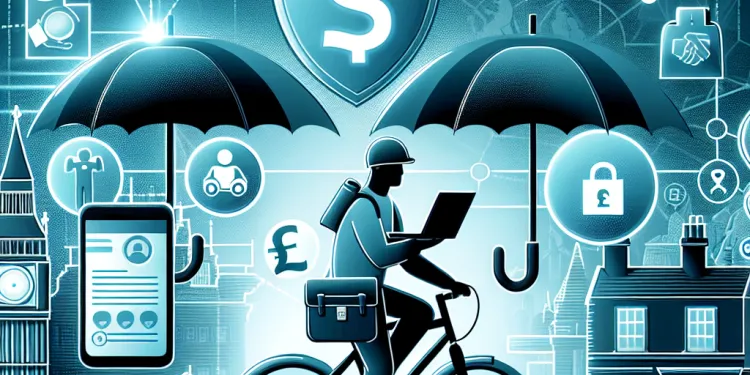
Do gig workers have access to unemployment benefits?
Relevance: 46%
-
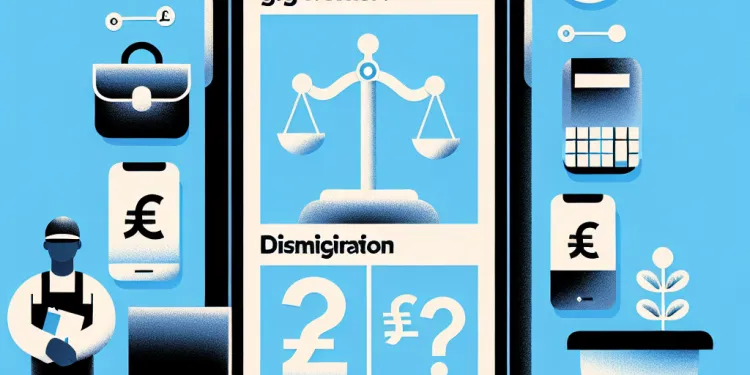
What can I do if I face discrimination as a gig worker?
Relevance: 44%
-

Can I receive health benefits as a gig worker?
Relevance: 43%
-
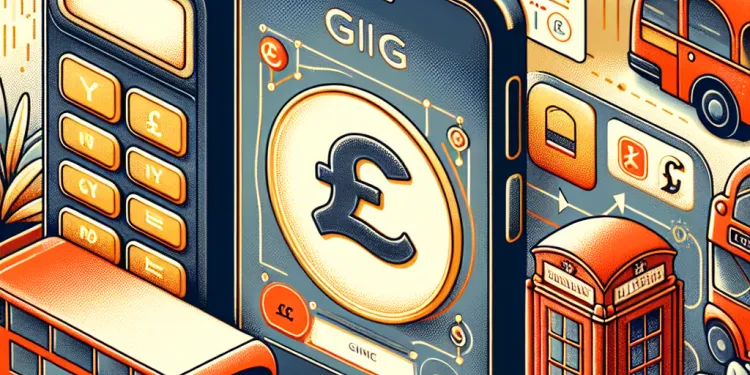
Can I claim expenses as a gig worker?
Relevance: 41%
-

Employment Tribunal Cases Surge Amidst Gig Economy Debate
Relevance: 38%
-
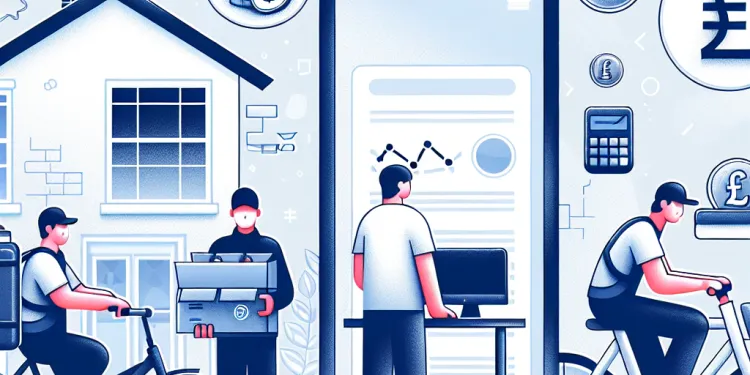
Am I considered an employee if I am a gig worker?
Relevance: 36%
-
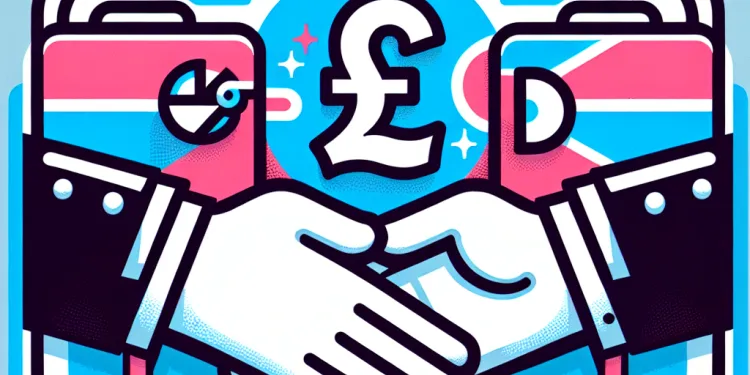
How can I address payment disputes as a gig worker?
Relevance: 33%
-
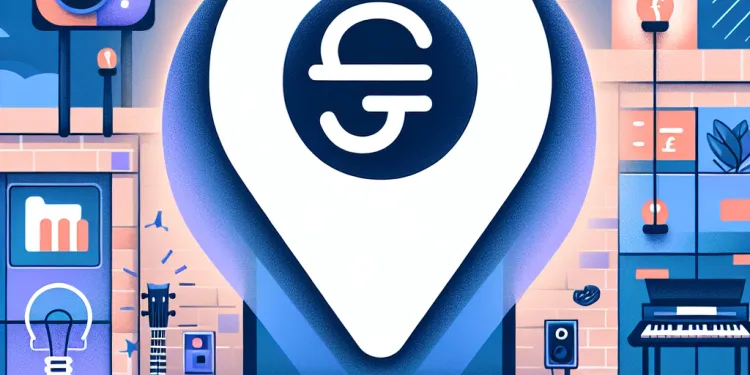
Can a gig platform deactivate my account without reason?
Relevance: 30%
-
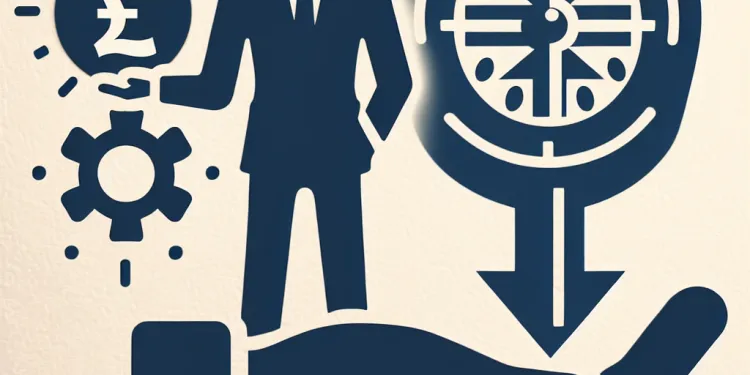
Do I have the right to control my working hours?
Relevance: 30%
-

Lone Workers
Relevance: 25%
-

Profound intellectual and multiple disabilities | NHS
Relevance: 25%
-

Are zero-hour contract workers entitled to the National Living Wage?
Relevance: 23%
-

What healthcare policies should support workers be aware of?
Relevance: 22%
-

What is property litigation?
Relevance: 21%
-

How can a Social Prescribing Link Worker help you? #MeetYourGPTeam
Relevance: 20%
-
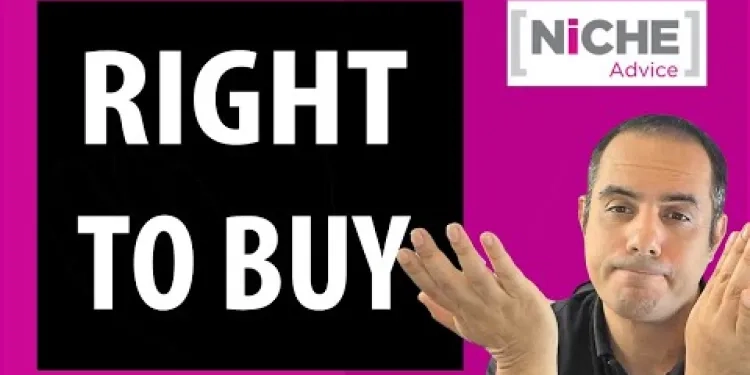
RIGHT TO BUY MORTGAGE - LET ME SAVE YOU TIME AND MONEY
Relevance: 20%
-
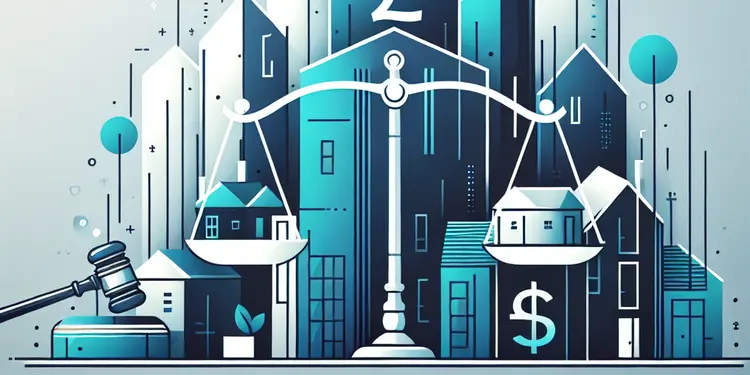
What are some common outcomes of property litigation?
Relevance: 20%
-

What types of disputes are involved in property litigation?
Relevance: 20%
-

Why might someone need a property litigator?
Relevance: 20%
-

What happens if a neighbor builds a fence on my property?
Relevance: 20%
-
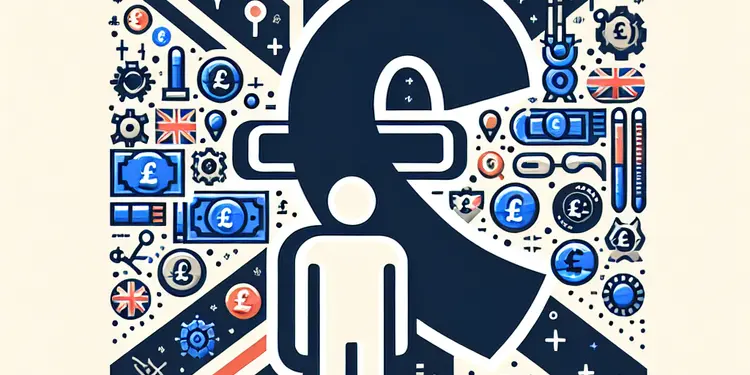
Can support workers participate in decision-making processes?
Relevance: 19%
-

How can a property litigator assist in lease disputes?
Relevance: 19%
-

Can property litigation be avoided?
Relevance: 19%
-

What is adverse possession in property law?
Relevance: 19%
-

Do neighbours need to inform me if their cameras record my property?
Relevance: 19%
-

Should health care workers get the meningitis vaccine?
Relevance: 18%
-

Are there academic courses for aspiring primary care support workers?
Relevance: 18%
-

What help is available to primary care support workers?
Relevance: 18%
Introduction
In the evolving landscape of the modern economy, gig workers have become an essential component. These individuals, often freelancers or independent contractors, provide services on a flexible and short-term basis. However, a crucial question arises: do gig workers have intellectual property rights over their work? This question bears significant implications for both the workers and the businesses they contract with, particularly in the UK.
Understanding Intellectual Property Rights
Intellectual property rights (IPR) refer to the legal protections granted to creators and inventors, safeguarding their creations from unauthorized use. These rights include copyrights, patents, trademarks, and trade secrets. IPR plays a critical role in fostering innovation and creativity by ensuring that creators can benefit financially and reputatively from their work.
Gig Workers and the Nature of Their Work
Gig workers often engage in creative and innovative tasks, such as graphic design, writing, software development, and more. The nature of gig work means that these individuals might produce original content or products regularly. As they operate independently or through platforms, understanding their rights is essential to ensuring fair treatment and remuneration for their efforts.
Legal Framework in the UK
In the UK, intellectual property rights are governed by various laws, including the Copyright, Designs and Patents Act 1988. Generally, copyright protection arises automatically when eligible works are created. For gig workers, the legal ownership of such creations often depends on the terms set out in their contract. Typically, the ownership of intellectual property created during a gig relationship might default to the hiring party unless otherwise specified in the contract.
Contractual Agreements
Contracts play a pivotal role in determining intellectual property rights for gig workers. Many businesses require gig workers to sign contracts that include clauses assigning IPR to the hiring company. This means that, without explicit agreements allowing retention of rights, gig workers could automatically relinquish ownership upon completion of their work. Hence, reading and negotiating contract terms before commencing work is crucial for gig workers to safeguard their intellectual property rights.
Considerations and Challenges
For gig workers, understanding and negotiating intellectual property rights is vital for ensuring fair treatment. Employers and platforms may have more experience and resources in navigating these legal waters, potentially placing gig workers at a disadvantage. Thus, awareness and education about IP rights are essential for gig workers looking to protect their interests. Moreover, businesses and gig workers alike can benefit from clear communication and fair agreements regarding intellectual property to foster a positive working relationship.
Conclusion
In conclusion, gig workers in the UK do have intellectual property rights over their work, but these rights are often contingent upon individual contractual agreements. It is crucial for gig workers to understand the legal landscape and the implications of their contracts to protect their intellectual creations effectively. As the gig economy continues to grow, ensuring fair and transparent intellectual property arrangements will be integral to supporting equitable opportunities for all parties involved.
Frequently Asked Questions
Do gig workers have intellectual property rights over their work?
Generally, gig workers can retain intellectual property rights over their work, but it often depends on the terms of their contract or agreement with the client or platform.
What is intellectual property?
Intellectual property refers to creations of the mind, such as inventions, literary and artistic works, designs, symbols, names, and images used in commerce.
What types of intellectual property might apply to gig workers?
Gig workers might be concerned with copyrights, patents, trademarks, and trade secrets, depending on the nature of their work.
Can a gig worker assign their intellectual property rights to a client?
Yes, gig workers can assign their intellectual property rights to a client, typically through a contract that explicitly states the assignment of rights.
What is a work-for-hire agreement?
A work-for-hire agreement is a contract that specifies the creator of a work relinquishes any copyright and ownership of the work to the employer or client.
Does a platform automatically own the intellectual property of work done by gig workers?
Not automatically. The ownership depends on the terms and conditions agreed upon by the gig worker and the platform.
Are there default laws that protect gig workers' IP rights?
Yes, copyright law generally protects the creator by default unless an agreement states otherwise, but specific protections can vary by jurisdiction.
How can gig workers ensure they retain IP rights over their work?
Gig workers should ensure contracts explicitly outline who retains IP rights and seek legal advice if necessary.
What happens if there is no contract governing IP rights?
Without a contract, the default laws of the jurisdiction apply, which typically grant IP rights to the creator.
Are there differences in IP rights for gig workers across different countries?
Yes, intellectual property laws can vary significantly between countries, affecting gig workers' rights.
Can a client use a gig worker's work without permission if there's no IP clause?
Generally, the client cannot use the work without permission unless the agreement allows it, as the default rights belong to the creator.
What should a gig worker do if they believe their IP rights are violated?
They should seek legal advice and may need to pursue resolution through negotiation, mediation, or legal action.
Is it common for gig work platforms to claim IP ownership?
Some platforms may include terms that claim or establish rights to use the created content, so it's important to review terms and conditions.
Can contracts override default IP rights?
Yes, a properly drafted contract can override default IP rights, clarifying ownership and usage rights.
Do gig workers have to register their intellectual property to have rights?
No, creators typically have default rights, but registration can strengthen IP protection and enforcement capabilities.
What role does copyright law play for gig workers?
Copyright law protects the creator's original works of authorship, giving them exclusive rights to use and distribute their work.
How can a gig worker protect their IP when freelancing on multiple platforms?
They should carefully review and negotiate each platform's terms on IP rights and use contracts to specify ownership rules.
Can gig workers license their intellectual property rights to multiple clients?
Yes, gig workers can license their IP rights to multiple clients, provided there are no contractual restrictions against it.
What is the difference between assigning IP rights and licensing them?
Assigning IP rights transfers ownership to the client, while licensing allows the client to use the IP under defined terms without transferring ownership.
Why is it important for gig workers to understand their IP rights?
Understanding IP rights helps gig workers protect their creations, negotiate fair terms, and avoid unintentional rights transfer.
Useful Links
This website offers general information and is not a substitute for professional advice.
Always seek guidance from qualified professionals.
If you have any medical concerns or need urgent help, contact a healthcare professional or emergency services immediately.
- Ergsy carfully checks the information in the videos we provide here.
- Videos shown by Youtube after a video has completed, have NOT been reviewed by ERGSY.
- To view, click the arrow in centre of video.
- Most of the videos you find here will have subtitles and/or closed captions available.
- You may need to turn these on, and choose your preferred language.
- Go to the video you'd like to watch.
- If closed captions (CC) are available, settings will be visible on the bottom right of the video player.
- To turn on Captions, click settings .
- To turn off Captions, click settings again.
More Items From Ergsy search
-

Do gig workers have intellectual property rights over their work?
Relevance: 100%
-

What are my rights as a Gig Worker?
Relevance: 65%
-

Do gig workers have the right to unionize?
Relevance: 59%
-

Is job security a right for gig workers?
Relevance: 58%
-

Do gig workers have the right to a minimum wage?
Relevance: 57%
-

What are my rights regarding workplace safety as a gig worker?
Relevance: 55%
-

Do gig workers have the right to transparency in pay and fees?
Relevance: 53%
-

Are gig workers entitled to workers' compensation?
Relevance: 51%
-

Am I entitled to overtime pay as a gig worker?
Relevance: 50%
-

Are gig workers entitled to sick leave?
Relevance: 49%
-

Do gig workers qualify for retirement benefits?
Relevance: 47%
-

Are gig workers protected against wrongful termination?
Relevance: 46%
-

Do gig workers have access to unemployment benefits?
Relevance: 46%
-

What can I do if I face discrimination as a gig worker?
Relevance: 44%
-

Can I receive health benefits as a gig worker?
Relevance: 43%
-

Can I claim expenses as a gig worker?
Relevance: 41%
-

Employment Tribunal Cases Surge Amidst Gig Economy Debate
Relevance: 38%
-

Am I considered an employee if I am a gig worker?
Relevance: 36%
-

How can I address payment disputes as a gig worker?
Relevance: 33%
-

Can a gig platform deactivate my account without reason?
Relevance: 30%
-

Do I have the right to control my working hours?
Relevance: 30%
-

Lone Workers
Relevance: 25%
-

Profound intellectual and multiple disabilities | NHS
Relevance: 25%
-

Are zero-hour contract workers entitled to the National Living Wage?
Relevance: 23%
-

What healthcare policies should support workers be aware of?
Relevance: 22%
-

What is property litigation?
Relevance: 21%
-

How can a Social Prescribing Link Worker help you? #MeetYourGPTeam
Relevance: 20%
-

RIGHT TO BUY MORTGAGE - LET ME SAVE YOU TIME AND MONEY
Relevance: 20%
-

What are some common outcomes of property litigation?
Relevance: 20%
-

What types of disputes are involved in property litigation?
Relevance: 20%
-

Why might someone need a property litigator?
Relevance: 20%
-

What happens if a neighbor builds a fence on my property?
Relevance: 20%
-

Can support workers participate in decision-making processes?
Relevance: 19%
-

How can a property litigator assist in lease disputes?
Relevance: 19%
-

Can property litigation be avoided?
Relevance: 19%
-

What is adverse possession in property law?
Relevance: 19%
-

Do neighbours need to inform me if their cameras record my property?
Relevance: 19%
-

Should health care workers get the meningitis vaccine?
Relevance: 18%
-

Are there academic courses for aspiring primary care support workers?
Relevance: 18%
-

What help is available to primary care support workers?
Relevance: 18%


